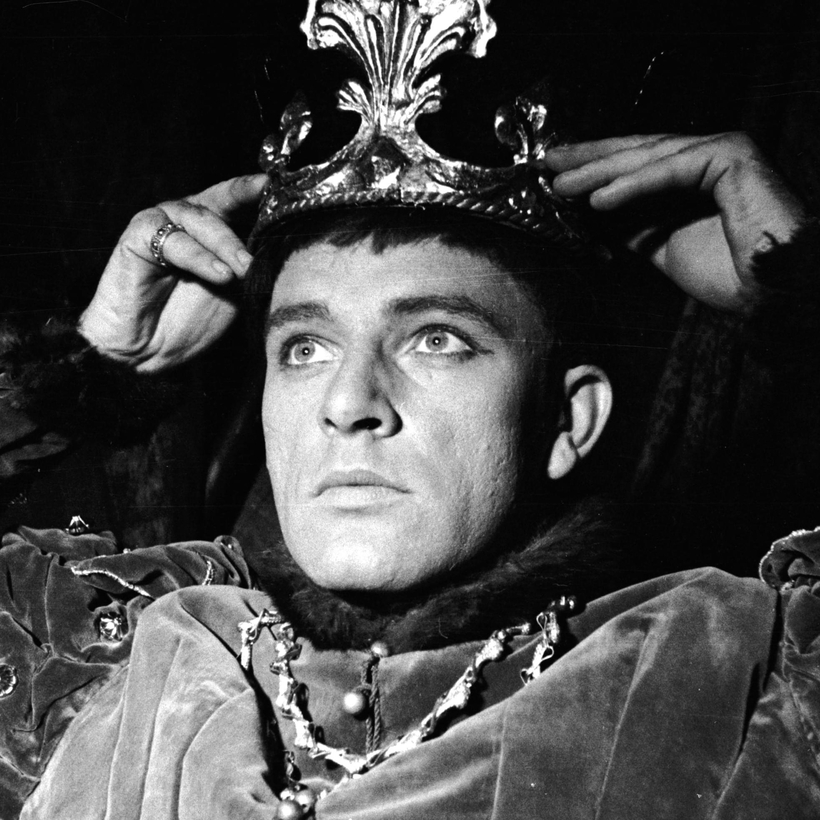The way Matthew Rhys tells it, from his Brooklyn Heights apartment in New York, he had no choice but to return to his native Wales this autumn. “It’s as if all the planets were aligned,” says the Cardiff-born actor, 50, who has spent most of the past 20 years starring in American-made films and TV series such as The Americans, Brothers & Sisters and Perry Mason. “First, it’s the 100th anniversary of Richard Burton’s birth. Second, Michael Sheen’s brilliant Welsh National Theatre project is gearing up for its launch and I wanted to do something to raise funds for it. And third, I had a ten-day window this November when I could go to Wales and do the play—which I’ve actually been preparing for years.”
The play is Mark Jenkins’s Playing Burton. As the title suggests, it’s a 90-minute monologue, directed by the Tony award-winning Bartlett Sher, in which the actor portrays his Welsh predecessor looking back over what Rhys calls “the great rollercoaster” of his life.

